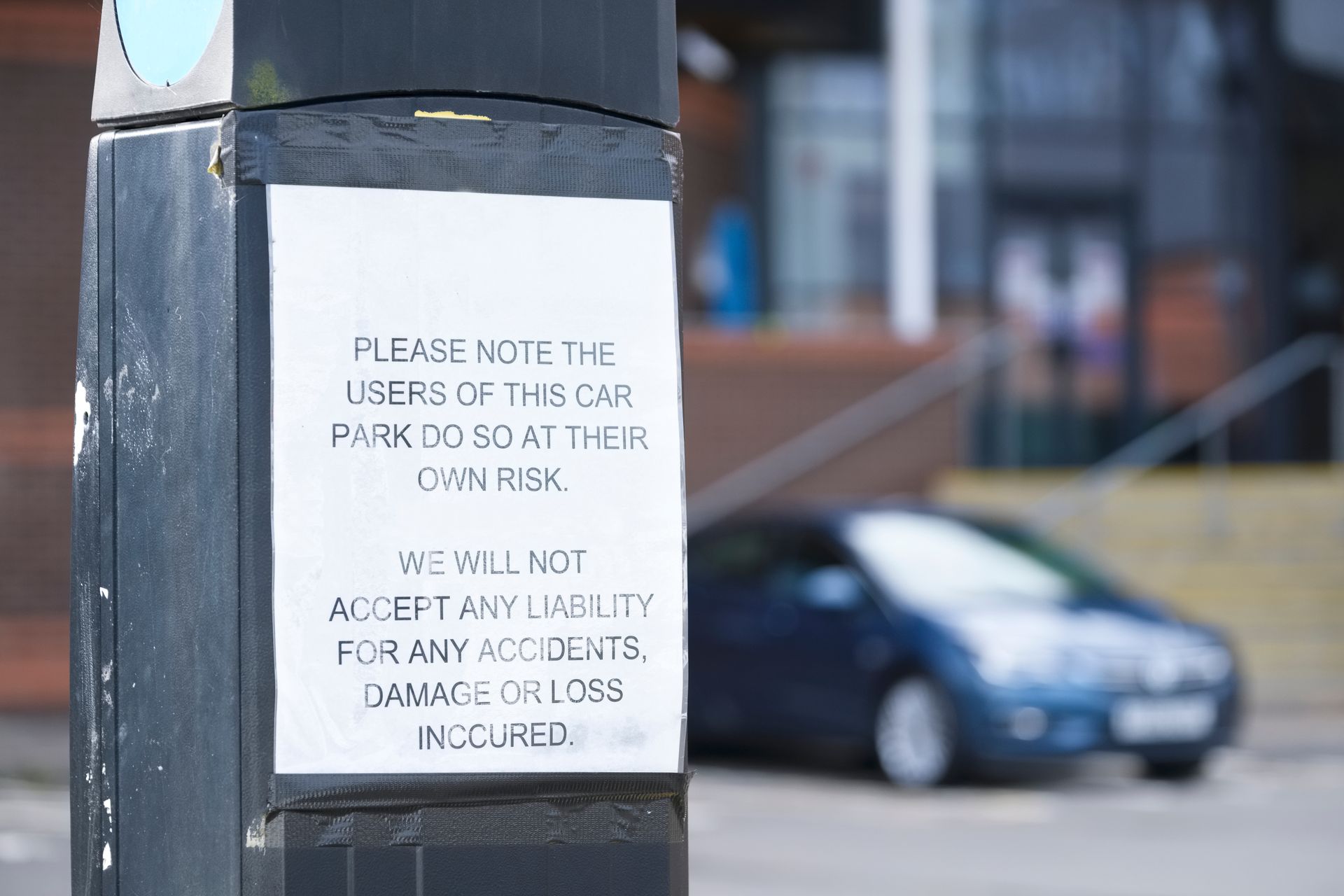Blog

Complex commercial litigation refers to the broad spectrum of legal disputes arising in business operations. These cases involve intricate legal issues, high-stakes financial considerations and factual complexities.
From contractual disputes and antitrust violations to intellectual property infringement and securities fraud, complex commercial litigation requires a deep understanding of legal principles and the resources to analyze large quantities of evidence thoroughly.
Understanding Complex Commercial Litigation
Complex commercial litigation involves legal disputes between businesses or individuals engaged in commercial activities. These cases typically arise from complex contractual relationships, regulatory compliance issues, business torts or allegations of corporate misconduct. Some examples of complex commercial litigation include:
● Breach of Contract Claims
● Shareholder Disputes
● Class Action Lawsuits
● Multidistrict Litigation (MDL) Proceedings
Due to the complicated nature of these cases, they often require extensive discovery, expert testimony and legal analysis for an effective resolution.
Key Components of Complex Commercial Litigation
Multifaceted Legal Issues
Complex commercial litigation involves a diverse range of legal issues. This may include contract interpretation, tortious interference, unfair competition and violations of federal and state regulations. These cases may also implicate specialized areas of law such as antitrust, securities, intellectual property and environmental law.
Extensive Discovery and Evidence Gathering
Discovery is a crucial part of complex commercial litigation. The process involves exchanging information, documents and evidence between parties. Gathered evidence may include depositions, interrogatories, requests for production of documents and subpoenas for third-party records.
Given the massive amount of data involved in complex cases, effective management and organization of discovery materials and large-scale analysis efforts are essential for building a strong case and uncovering critical evidence.
Expert Testimony and Analysis
Complex commercial litigation often requires the use of expert witnesses to provide knowledge and opinions on technical, scientific or industry-specific matters. Expert testimony may also be crucial in establishing liability, calculating damages or responding to opposing arguments. Expert witnesses may include economists, forensic accountants, industry analysts, engineers and other relevant professionals.
Strategic Case Management
Effective case management is essential in complex commercial litigation to make sure that legal proceedings are cost-effective and proceed efficiently. This may involve strategic planning, budgeting and coordination of legal strategies, as well as regular communication and collaboration between attorneys and clients. Another part of strategic case management is to use innovative technologies and project management tools that can streamline case management and encourage communication among legal teams.
Resolution Strategies
Given the high-stakes nature of complex commercial litigation, parties often explore other various resolution strategies beyond traditional litigation. This includes strategies like alternative dispute resolution (ADR) methods such as mediation, arbitration and settlement negotiations. These strategies are known to be less risky and may offer better opportunities for achieving favorable outcomes outside of court.
In scenarios where litigation is unavoidable, strategic trial preparation and advocacy are essential in order to maximize the chances of success.
Challenges in Complex Commercial Litigation
Effectively addressing serious challenges, many of which can impact the outcome of a case, requires strategic planning, meticulous attention to detail and innovative approaches to case management and resolution strategies.
Resource Intensity
Complex commercial litigation can be resource-intensive and may require significant financial investment. The costs associated with legal fees, expert witnesses, discovery and trial preparation can escalate quickly, especially in protracted litigation.
Consider a scenario where a multinational corporation is involved in a complex legal battle with a competitor over alleged patent infringement related to a groundbreaking new technology. As the case progresses, both parties engage in extensive discovery involving the collection and review of thousands of documents, depositions of key witnesses and analysis of technical evidence by expert witnesses.
The litigation goes on for years, requiring the corporation to allocate substantial financial resources. Despite efforts to resolve the dispute through negotiation and mediation, the parties remain deadlocked, resulting in protracted litigation that further escalates costs and drains resources.
This type of case can represent a huge drain on resources but may also be vital for the business’s current and future operations, making it an unavoidable expense.
Procedural Complexity
Complex commercial litigation involves navigating intricate procedural rules, court processes and evidentiary requirements. Compliance with court orders, deadlines and proceedings requires detail-oriented and dedicated legal expertise.
Factual Complexity
Complex commercial cases often involve complex factual scenarios, including voluminous records and sometimes conflicting evidence. To present and interpret complex factual narratives, business lawyers must possess thorough investigation, analysis and presentation skills.
Consult With Detail-Oriented, Committed Business Defense Attorneys in Atlanta
If you’re looking for a professional business liability defense attorney in Atlanta, the Law Office of Cameron Hawkins is ready to assist. Give us a call today at (678) 921-4225 or contact us on our website to request a free quote.











